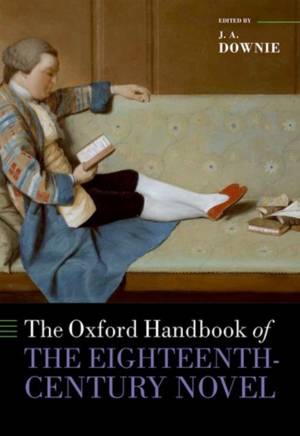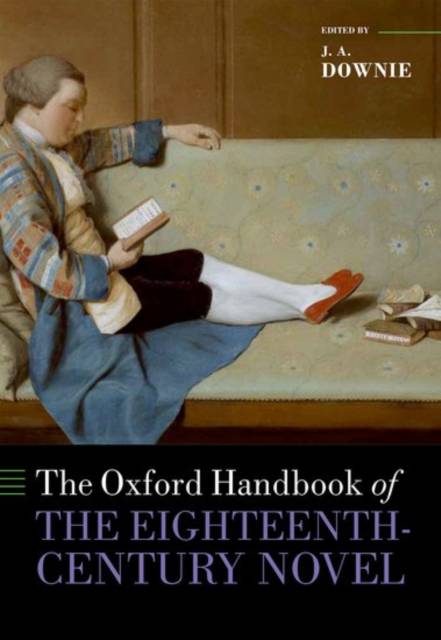
- Retrait gratuit dans votre magasin Club
- 7.000.000 titres dans notre catalogue
- Payer en toute sécurité
- Toujours un magasin près de chez vous
- Retrait gratuit dans votre magasin Club
- 7.000.000 titres dans notre catalogue
- Payer en toute sécurité
- Toujours un magasin près de chez vous
Description
Although the emergence of the English novel is generally regarded as an eighteenth-century phenomenon, this is the first book to be published professing to cover the 'eighteenth-century English novel' in its entirety. This Handbook surveys the development of the English novel during the 'long' eighteenth century-in other words, from the later seventeenth century right through to the first three decades of the nineteenth century when, with the publication of the novels of Jane Austen and Walter Scott, 'the novel' finally gained critical acceptance and assumed the position of cultural hegemony it enjoyed for over a century. By situating the novels of the period which are still read today against the background of the hundreds published between 1660 and 1830, this Handbook not only covers those 'masters and mistresses' of early prose fiction-such as Defoe, Richardson, Fielding, Sterne, Burney, Scott and Austen-who are still acknowledged to be seminal figures in the emergence and development of the English novel, but also the significant number of recently-rediscovered novelists who were popular in their own day. At the same time, its comprehensive coverage of cultural contexts not considered by any existing study, but which are central to the emergence of the novel, such as the book trade and the mechanics of book production, copyright and censorship, the growth of the reading public, the economics of culture both in London and in the provinces, and the re-printing of popular fiction after 1774, offers unique insight into the making of the English novel.
Spécifications
Parties prenantes
- Auteur(s) :
- Editeur:
Contenu
- Nombre de pages :
- 620
- Langue:
- Anglais
- Collection :
Caractéristiques
- EAN:
- 9780199566747
- Date de parution :
- 28-09-16
- Format:
- Livre relié
- Format numérique:
- Genaaid
- Dimensions :
- 175 mm x 249 mm
- Poids :
- 1224 g







